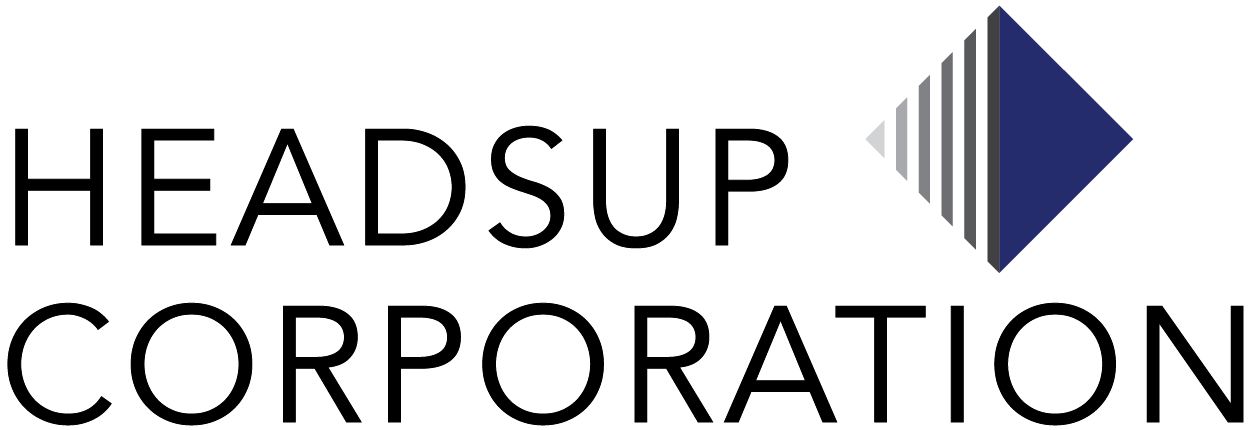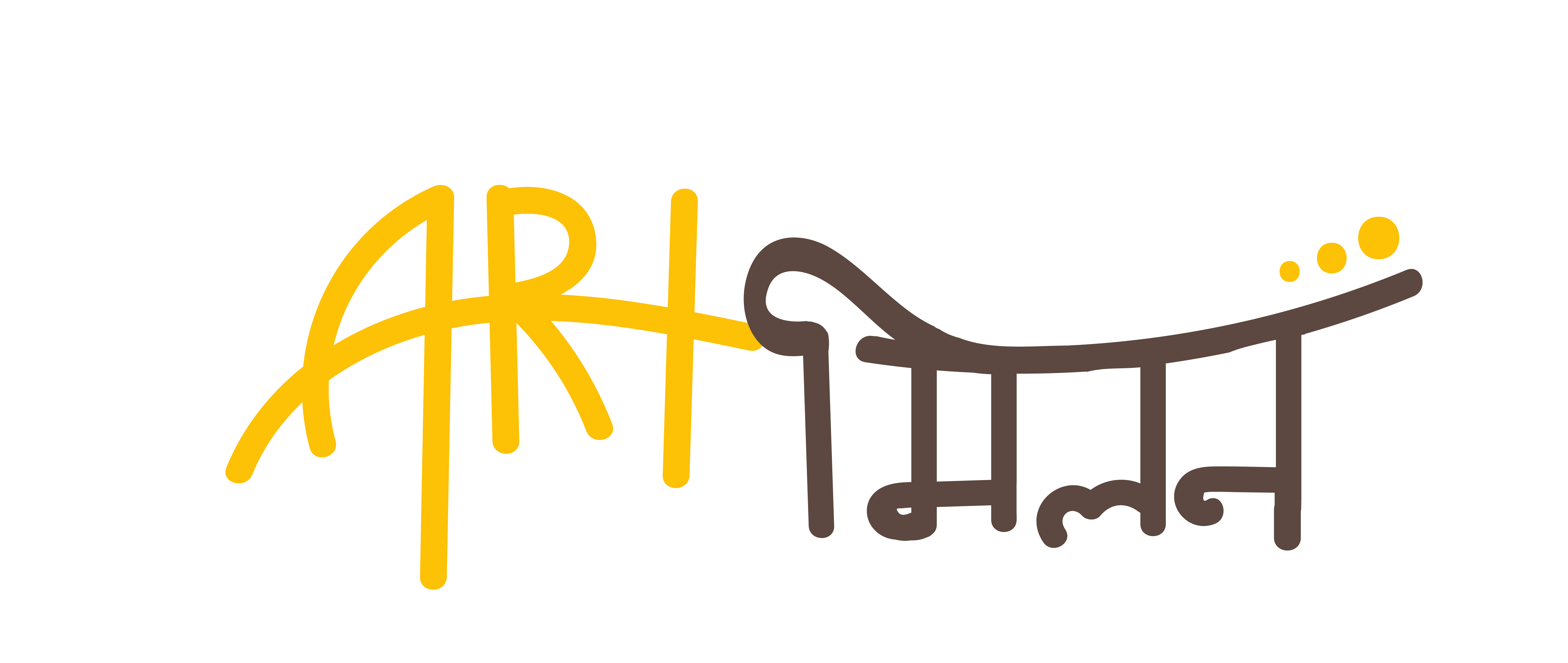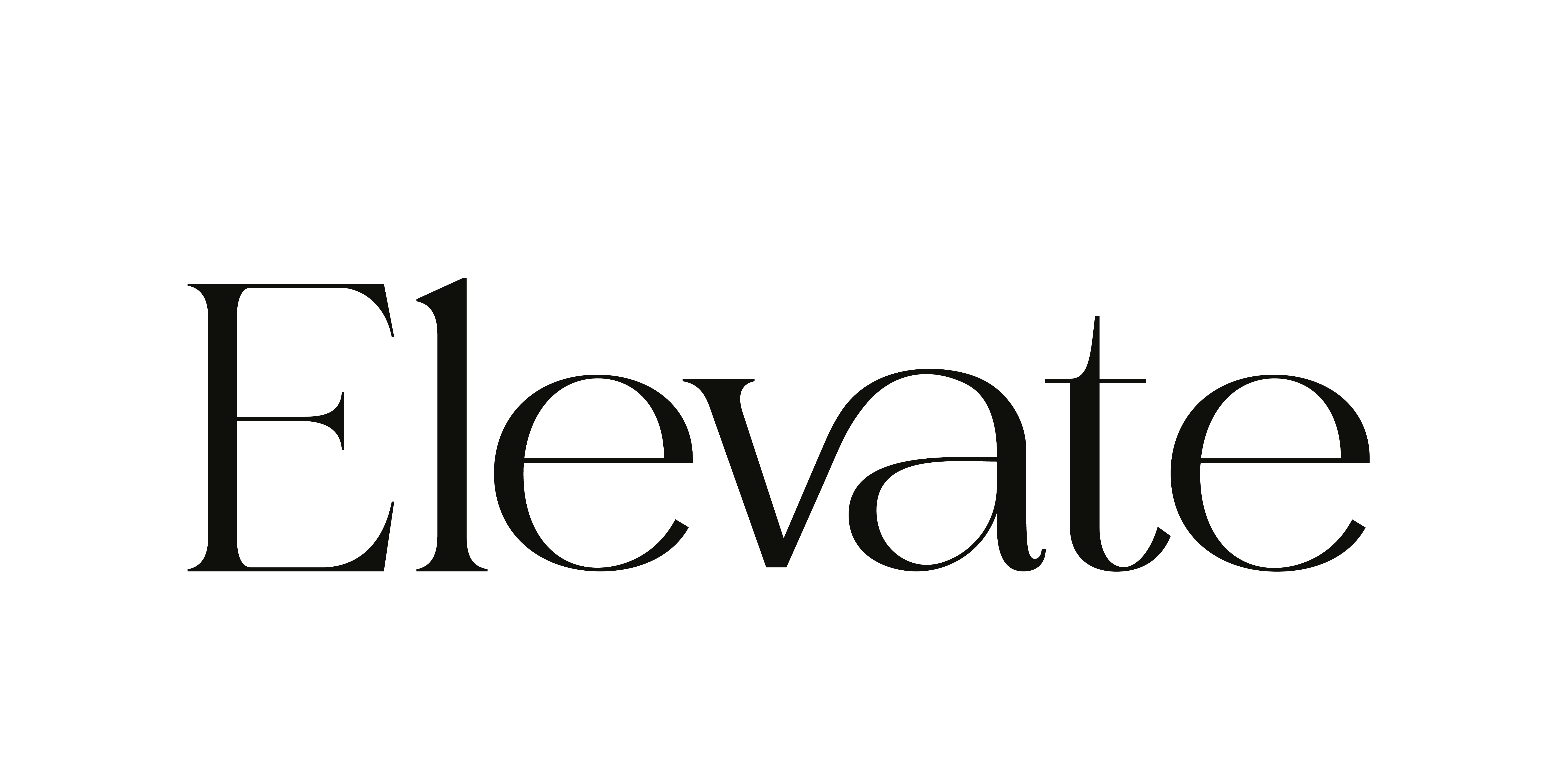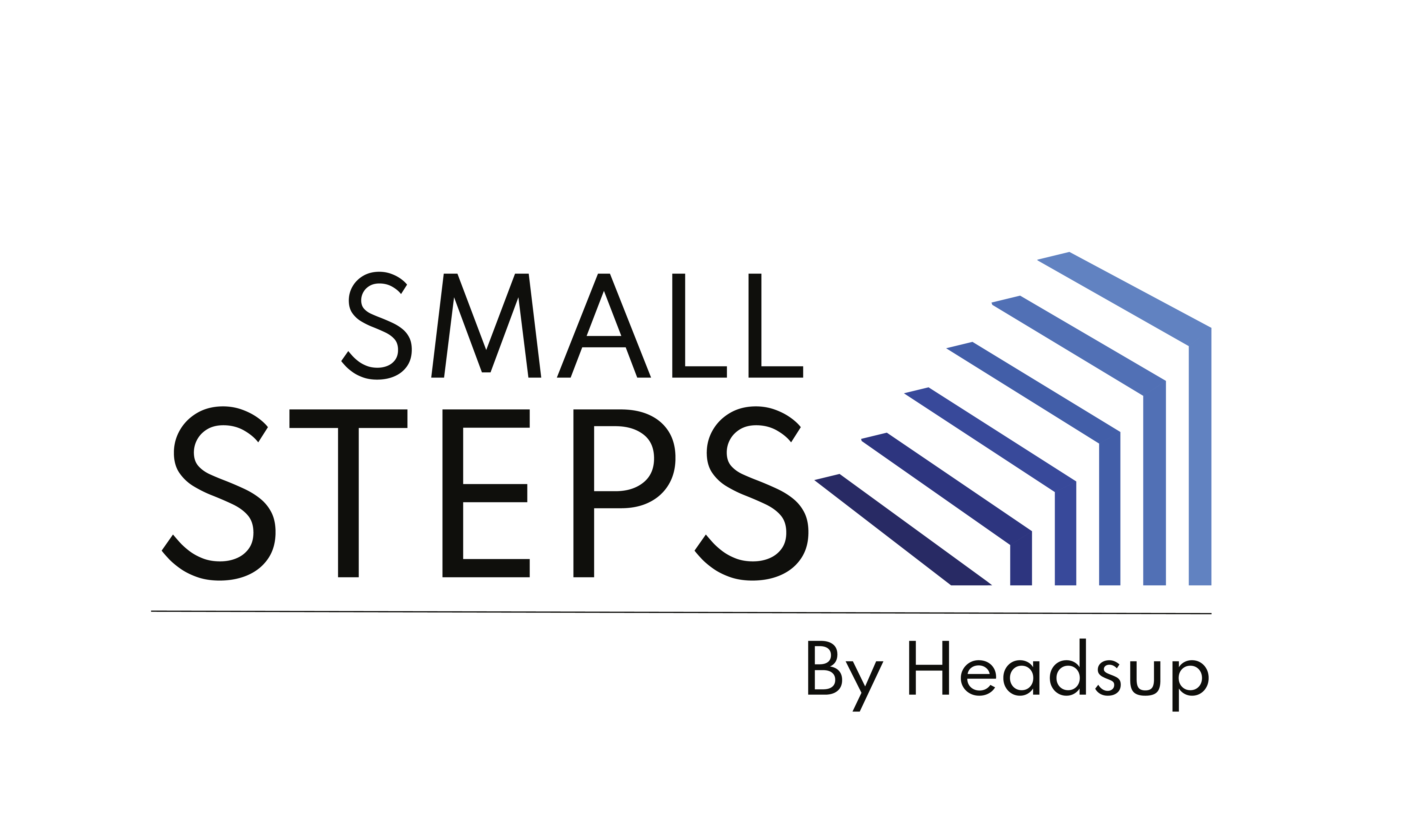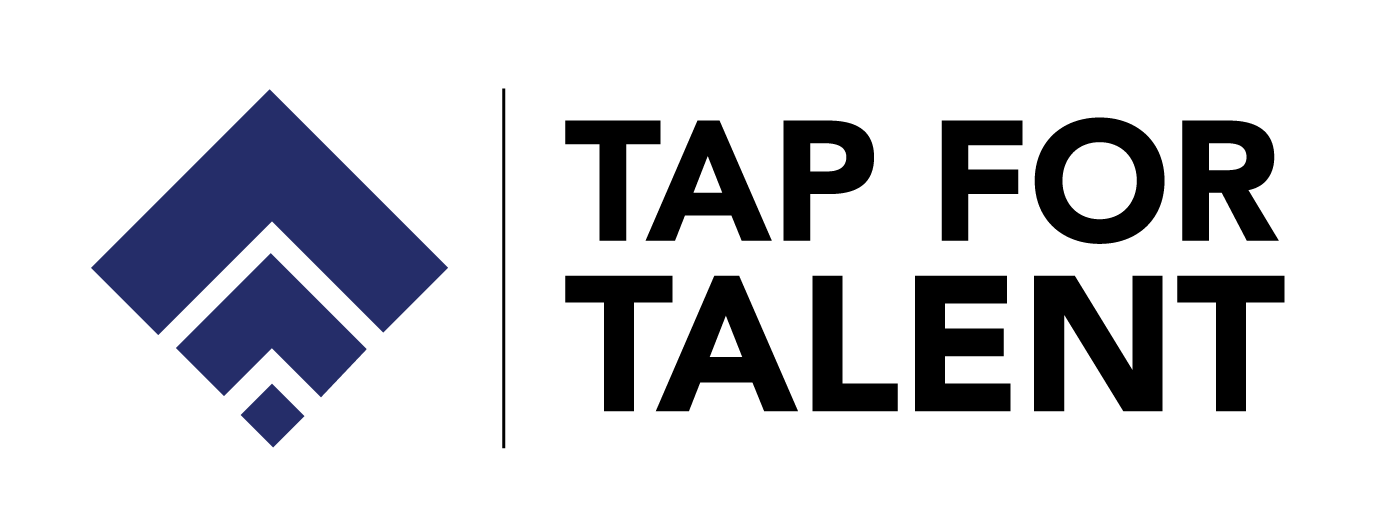The significance of HR teams has grown as companies begin to invest more in their employees and company experience. Often strategic plans created by executives are not well implemented and this is where the HRBPs can step in.

An HR business partner (HRBP) is a specialist highly experienced in the HR field who works closely with those higher positions in the organization to support company goals. They are in charge of putting together management and staff to achieve their corporate goals and link human resources and business. They assist and counsel managers on strategic challenges and the preparation and implementation of effective, streamlined HR activities. Without HRBPs, companies and organizations can face several issues.However, in their presence, several aspects can be taken care of:
1. Strategic Work And Crisis Scenarios
In a time like the pandemic, HRBPs can consider the business developments, current global and political stance and scenario, and take care of steps to take next. Each judgment will bring enormous benefit in times of crisis when it is taken correctly. Most importantly, they can take away the pressure from the business owners and leaders who have to focus on so many other things.
For example, in the global lockdown, HR teams typically operate globally, care for teams of work from home people through virtual networks, or use smart HR technology. Ideally, they should flourish in most of the cases, but due to the volume of logistical and administrative work on their hands, they may struggle and falter. However, situations like this are second nature to an HR-business partner. It’s because they want to do more than just keep their heads above water, so they play their part well in the corporate growth.

2. Control over HR Processes and Tech
Since HR is a highly analytical field, HR Business Partners should find the right technology that allows employees to improve their role or create a new habit. HRBPs control the longevity of workers through solid analytical results since high attrition rates are one of the main drivers of costs in most industries.
Subject to what the business’s aim is, an HRBP can propose implementing a Recognition and Rewards Platform, Employee Communications Software, Employee Wellbeing solution. As the possibilities are endless, without HRBPs who can wisely assess which solution would fit their company’s needs best, the company would be far more liable to make a wrong choice.

3. Staff Development & Coaching
HRBPs ensure that once the right employees have been brought on board, they must stay on course and help to move the company forward. For this, HR must provide customized training initiatives and professional development for managers and employees. These fuel productivity and are also indispensable for the company’s ability to add value.
Employees are more engaged when they feel appreciated and when their development is endorsed within the company. Nevertheless, in the absence of HRBPs, it might be much more difficult and complex to train and develop the workforce of the organization.

4. Driving HR initiatives
One of the main responsibilities of an HRBP is to carry out the HR initiatives. HR helps to set the tone by creating an environment that is pleasant for everyone and connected to company values. For example, culture helps define the work environment, but to communicate and establish those values with the workforce, one method is the Employee Value Proposition (EVP).
The EVP outlines the rewards of work and what organizations offer in return for your skills and contributions in your role. Since methods like these are a complex comprehensive undertaking, HRBPs are the ones that usually drive and oversee the implementation of such initiatives.

Business team people discussion at coffee shop
5. Operating on a Tactical Level
HRBPs can operate on a tactical and strategic level. Competencies like stakeholder management, dealing with resistance, and communication skills involve more tactical level skills while understanding the business, connecting business challenges to HR activities, and having a deep understanding of the business, and being able to look at problems from multiple perspectives are more strategic skills. Effective assessments of the strategic and tactical aptitude of HRBPs are key for success in their role. The HR team alone would not be able to bring about the synergy between business and people activities.

Business people sticking adhesive notes on glass window in creative office
6. Analyzing Data from Dashboards
HRBP can use HR dashboards and reporting, analyze this data, and based on this data give advice. This again includes a strong contextual understanding of the business as well as the local and cultural issues relevant to the territories covered. When the business is looking to open a production facility in the Philippines, you are looking for different data than when you have an attrition problem in your European facilities.

After all, HR teams continue to spend an amazing 42% of their time on administrative tasks. It’s now time for HR business partners and their role to be taken seriously as invaluable developmental forces and be given more limelight. When the right setting is established, tremendous advantages can be reaped for both business growth and employee experience, and you as HRBPs – in times of crisis and beyond.
